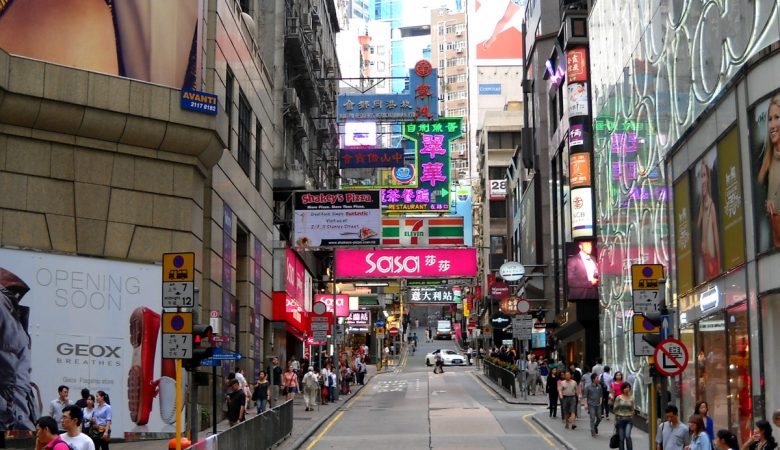The U.S. and China Agree: Protect IP
Late last month Chinese President Xi Jinping spoke directly about intellectual property to a group of high-level policymakers setting the agenda for the 19th Communist Party Congress. Specifically, Xi warned intellectual property “wrongdoing should be punished more severely so that IP infringers will pay a heavy price.” He continued to explain that “protection of property rights, especially intellectual property protection is an important aspect of shaping a good business environment” and instructed the attendees of the Central Finance Leading Group to ensure that IP rights were accessible, qualitative, and efficient.
The speech endorsing an “open economic system” comes just weeks after an agreement with the United States to allow poultry and beef exports, credit rating services, and a promise to speed up approval for bioengineered seeds.
Intellectual property has been a key economic engine for China whose 9.7% annual GDP growth over the last two decades has coalesced in dramatic changes in consumption patterns. According to a Mckinsey report, China is on track to have 400 million mainstream urban consumers by 2020 (more than the entire U.S. population). Already these new consumers are having an effect, on last year’s “Singles Day”, created by Chinese e-commerce giant Alibaba, $17.7 billion dollars of goods were sold online in 24 hours, while in the U.S. only a mere $6.73 billion of goods were bought online between Thanksgiving and Cyber Monday.
However, counterfeits and copyright violations hold back U.S. and Chinese businesses, and Xi’s statement acknowledges as much. According to the latest data, an OECD report fingers China and Hong Kong as the source for 84.5% of globally traded counterfeits, valued at $390 billion. These products undermine U.S., EU, and Chinese brands from establishing reputations in the marketplace, and discourages investment. The downstream effects of counterfeits on the global economy cannot be emphasized enough. IP-intensive industries in the U. S. employ 45.5 million, generate 38% of GDP and pay 46% more than other industries.
China has already made reforms, earlier this year it closed down 290 websites streaming illegal content, and Alibaba has taken to suing counterfeiters that use its site to peddle illicit goods. Respecting intellectual property rights have been included in trade agreements since the 1400s, counterfeits are a violation of WTO agreements as well as domestic law in China and the U.S., President Trump has every right to press China on cleaning up the deceptive practice that only benefits organized criminal syndicates, and rogue nations such as North Korea.
This is an opportune time for presidents Trump and Xi to work together on IP protections, a win-win for both economies.

